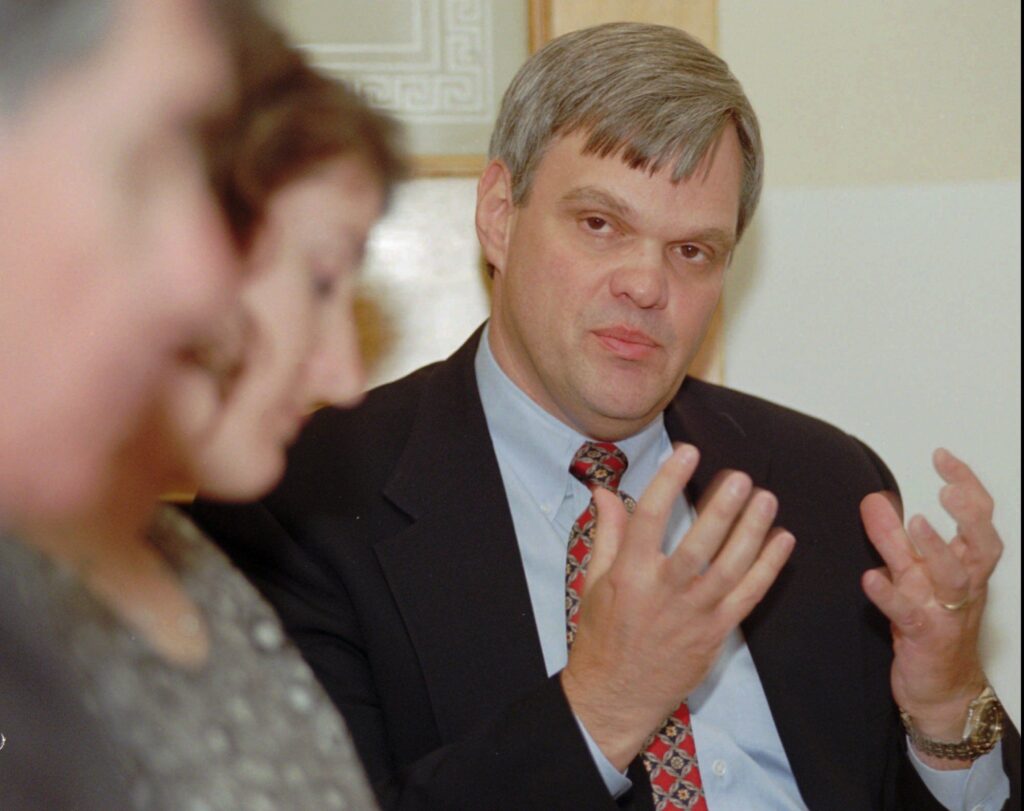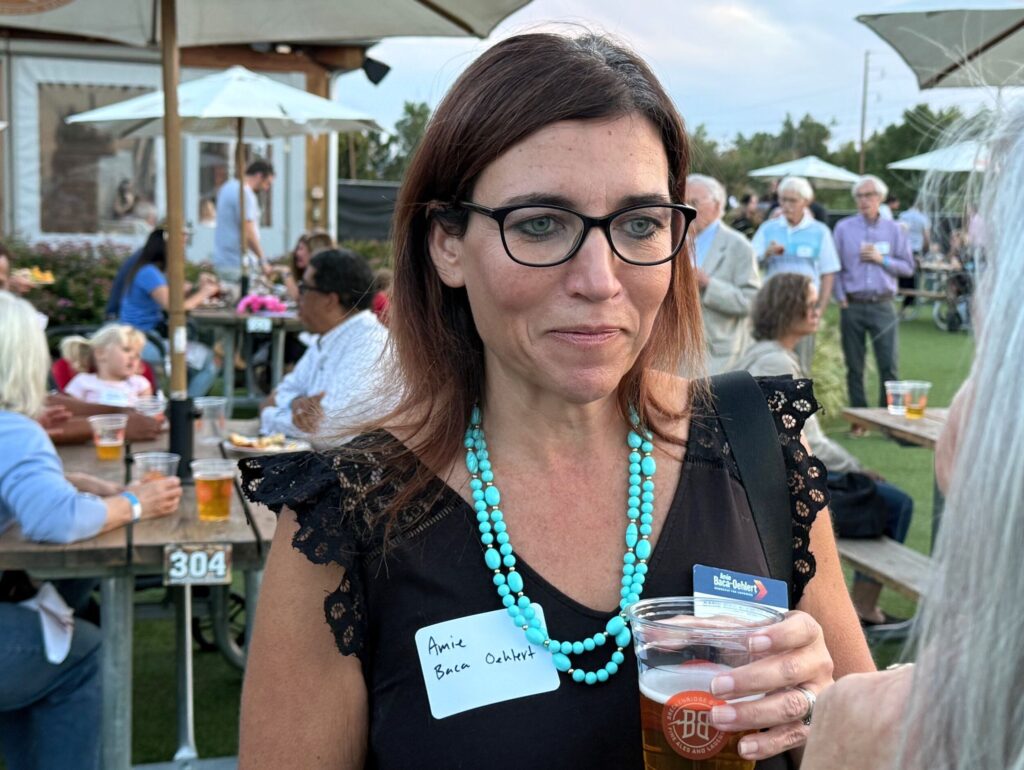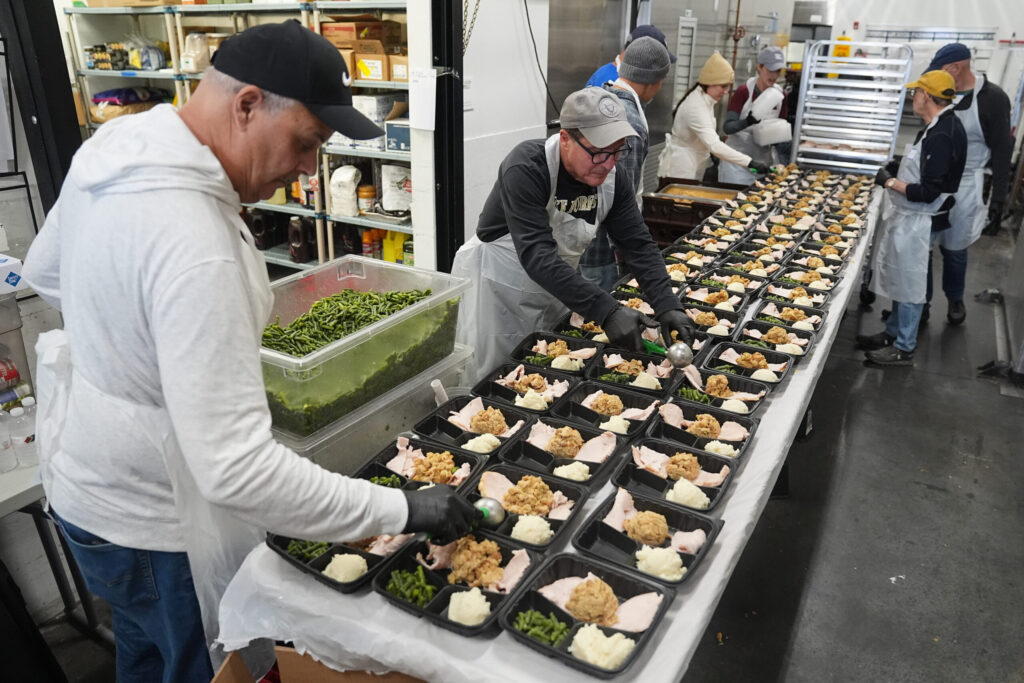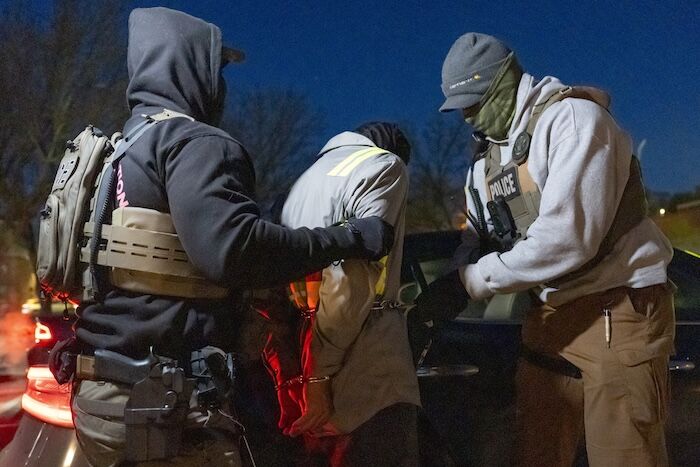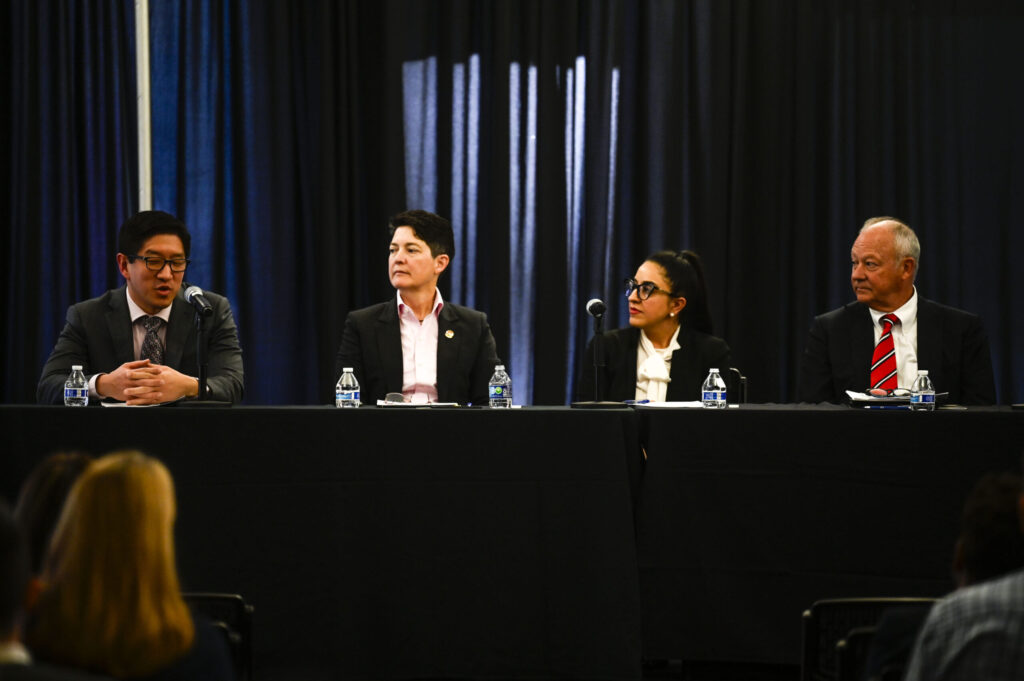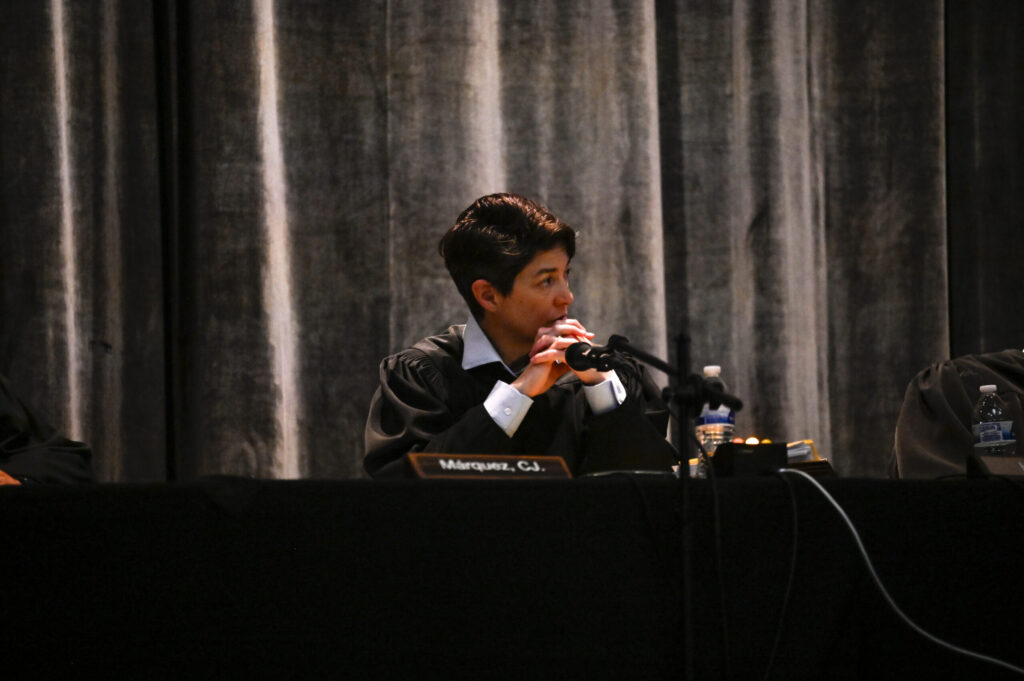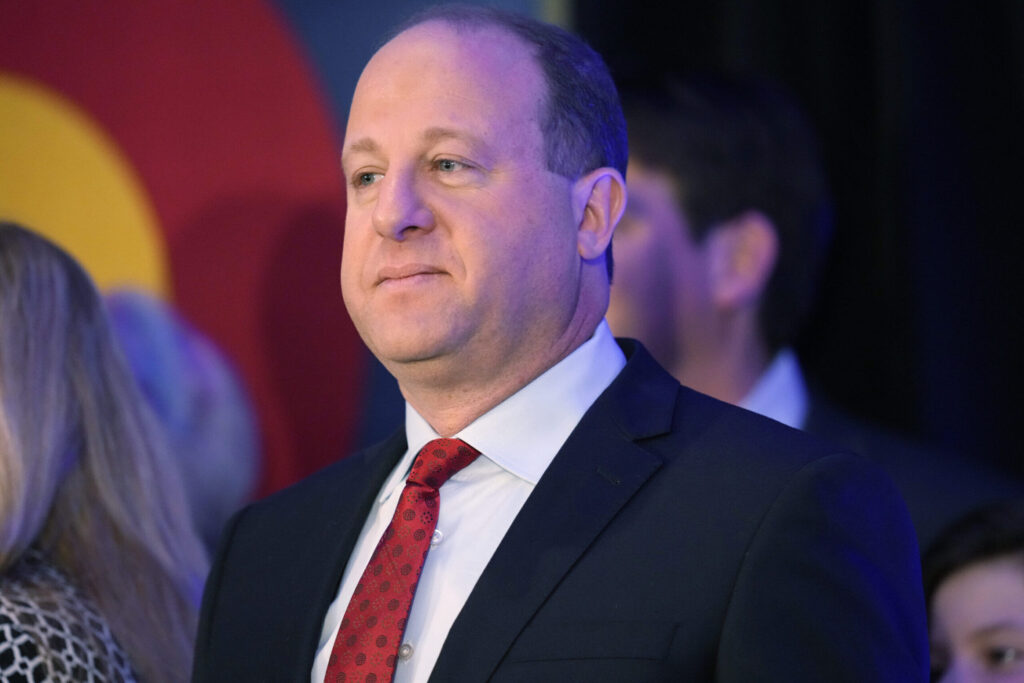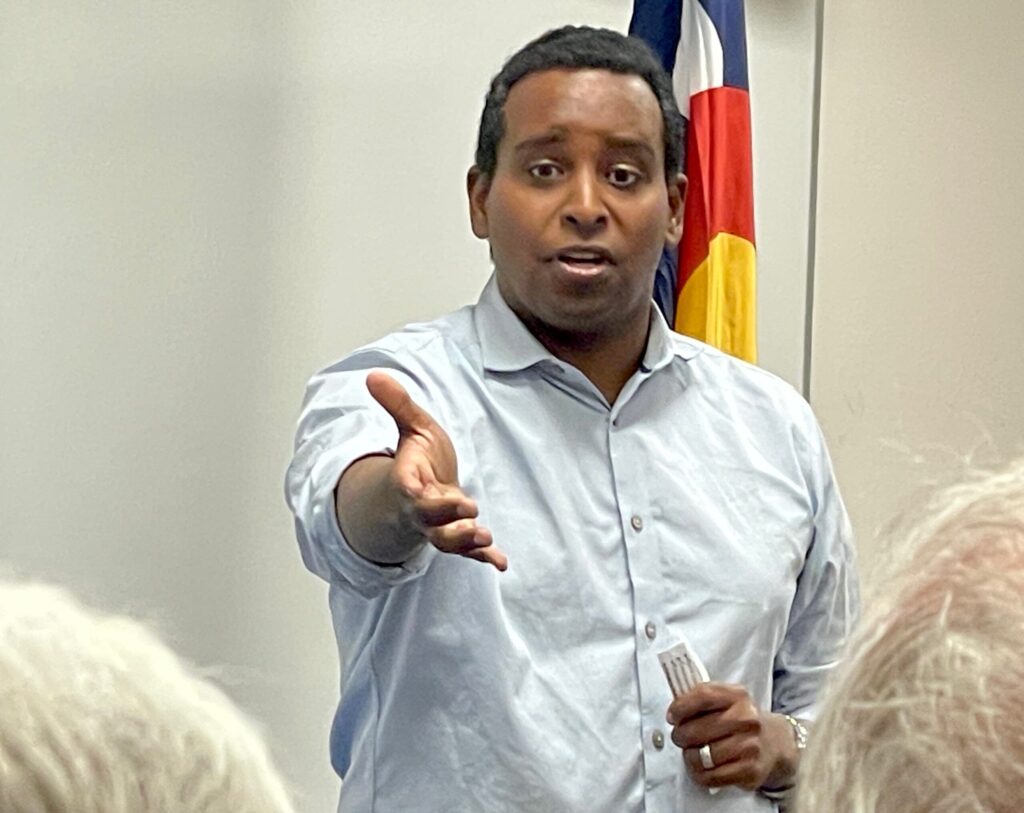Panel on challenges to journalism shows the question is more important than the answer | Vince Bzdek
A recent panel discussion on the many challenges journalism faces at the moment demonstrated the value of a good question.
We five journalists on the panel weren’t able to answer all the questions posed to us by the moderator and a highly engaged audience, but I think we all came away from the evening with a greater sense of how important it is to have professional questioners trying to frame a problem correctly and understand its nuances, since the questions themselves can guide the path to solutions.
A free and independent press is essential for a functioning democracy. Yet today, public trust in the media has plummeted to historic lows. Press conferences often devolve into partisan clashes, with more focus on personal attacks than public discourse.
By laying out the right trajectory to think about a problem, a well-defined question can lead to more effective problem-solving than simply finding an answer to an ill-conceived question.
Some of the difficult questions we tackled Tuesday night in Colorado Springs:
As a society, do we still believe that a free press has a responsibility to be the guardian of our democracy holding those in power to accountability?
In our current partisan environment, is objective journalism possible?
What are the biggest sources of disinformation/misinformation and how can journalists fight against them? What responsibility do citizens play in fighting against misinformation?
On the panel were former Denver Post Editor Greg Moore, Rocky Mountain PBS CEO Amanda Mountain, Colorado Sun reporter and Editor Jesse Paul, KOAA News5 investigative journalist Alasyn Zimmerman and myself.
Will Stoller-Lee, the program chair for the Greenberg Center for Learning and Tolerance, moderated the discussion at the Ent Center for the Arts on the campus of UCCS, sponsored by the Greenberg Center.
And don’t get me wrong: We did have some very specific answers about the challenges journalism faces right now. From internet disinformation and social media algorithms that sow division rather than answer questions, to public perceptions of bias in the press and a growing distrust of the media, to the demonizing statements of politicians, cuts in public funding, a rash of lawsuits against the press and court rulings that frustrate the intent of the First Amendment, this is a difficult time for journalism, no question.
The challenges are especially front and center for Amanda Mountain of Rocky Mountain PBS as Congress votes to slash spending for PBS and NPR and, consequently, their local affiliates.
“The attack on public media is about more than just our industry overall,” Mountain said about funding cuts. “It is about wounding our access collectively to a shared set of facts and information, and it’s about removing local journalism as a structural investment as taxpayers,” she said. “And once that happens it’s very hard to recover from that and it hurts everybody.”
Public media is especially important, she noted, because it is in places, often rural, where there is “no commercial incentive to be there.”
NPR and PBS will survive — only a small percentage of their funding comes from the federal government. But Mountain worries the cuts will force many local stations to sharply reduce their programming and operations as early as this fall.
We were also asked Tuesday night how much of a threat President Donald Trump is to journalism, but former Denver Post Editor Greg Moore pointed out that courts were making journalism harder to practice a long time before Trump’s lawsuits against ABC and CBS.
“The judiciary was turning against journalism way before Trump, OK?” he said. “You just could not win in court. You could not get access to phone records. You could not get access to transcripts of meetings and things of that nature. So, the ground had already shifted beneath our feet. We were losing more cases.”
Moore said he couldn’t remember how many court cases he lost during his 14-year run leading The Denver Post that ended in 2016.
“The ground has shifted on us, and it’s just shifted more aggressively against a free press in the years since then.”
Our experience at The Gazette and The Denver Gazette bears Moore out.
For example, under the Colorado Criminal Justice Records Act, we recently requested three reports filed in connection with Elijah Caudill’s release from jail that would show how he fared in a community services program. We wanted to know how he did in the program because he would go on to be arrested for a deadly 16th Street Mall stabbing attack. We were denied those reports because they involved mental health information. We appealed to the judge, and the judge denied release of the reports.
In another case, Colorado’s Marijuana Enforcement Division refused to release the transcript of a Colorado Department of Revenue hearing that resulted in a hearing officer suspending three marijuana licenses even though the division’s own rules state those hearings are public hearings.
Another reporter of ours, Nico Brambila, has been denied in six records requests in seven months concerning Denver Public Schools’ policies and open-meetings rules, and information about warrants used in ICE raids.
On Tuesday night, we didn’t offer many perfect answers to these challenges. But that doesn’t mean the questions weren’t valuable in identifying things that desperately need improvement.
Even with the hurdles growing higher, I came away from our panel discussion fortified by the commitment and passion of my fellow journalists and the audience’s interest and deep understanding of the value of a profession of questioners.
At one point, the moderator read the results of a poll of audience members who responded to a real-time survey from a QR code on the screen.
Of those who answered, 15% said they “absolutely” trust the media, 75% said they “mostly” did, 5% said “mostly not,” and the remaining 5% said “definitely not.”
Those results reminded me of when we launched The Denver Gazette four years ago and did readership surveys that told us people were looking more for the right questions from us than the answers. They wanted the straight facts in their news stories so that they could figure out the answers themselves.
Ninety-three percent of respondents told us fair, balanced, objective journalism was the most important quality of journalism for them.
They told us they believed the ideal news story gathers the best arguments from both sides of an issue and lets those ideas battle it out, allowing readers to decide which argument is the stronger
Talking to audience members after the discussion Tuesday, none of them said journalism wasn’t vital to democracy, or their lives. Most of them were voracious consumers of journalism. And they didn’t believe journalism could never regain the trust it has lost. They just said we needed to do it better.
People still want good questions from us, in other words, they just don’t want us putting a finger on the scale when we ask them, telling them what to think. In order for them to regain trust in us, they want to see evidence that we trust them — to find the answers themselves if we supply the right questions.
Albert Einstein probably best explained the value of good questions and therefore good questioners (i.e., journalists): “If I had an hour to solve a problem and my life depended on the solution, I would spend the first 55 minutes determining the proper question to ask, for once I know the proper question, I could solve the problem in less than five minutes.”
He also said, “I never teach my pupils. I only attempt to provide the conditions in which they can learn.”
What a great piece of advice for a journalist eager to restore trust in journalism.
And speaking of good advice for all of us, Einstein also once said that “The important thing is not to stop questioning. Never lose a holy curiosity.”



